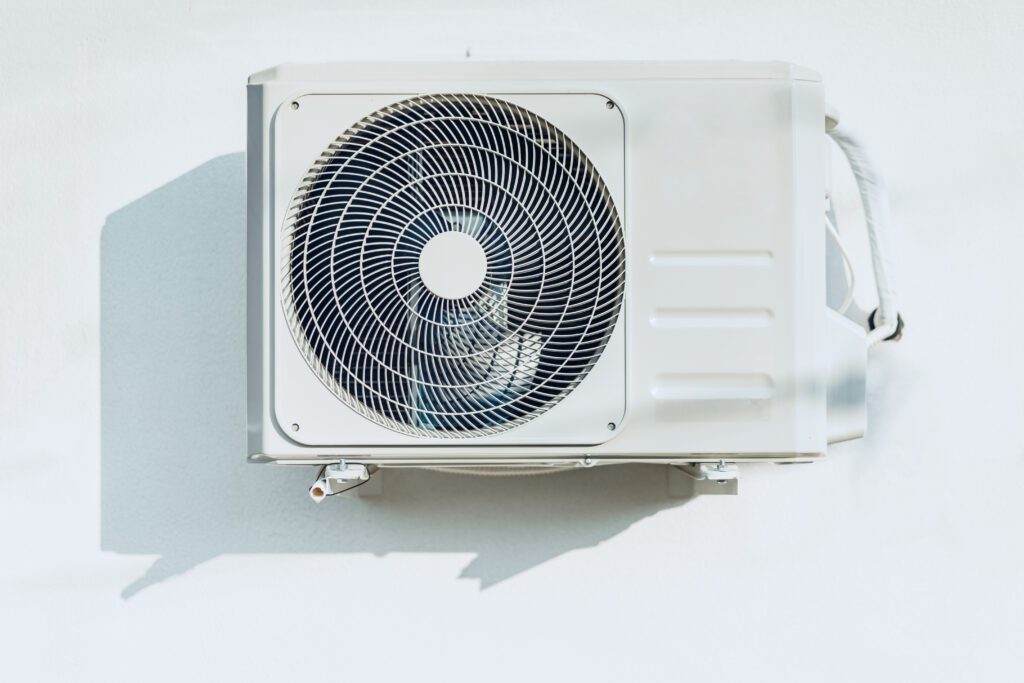In hot summer months, a functioning air conditioning (AC) system is essential to keep our homes cool and comfortable. However, AC repairs can be costly and inconvenient. To help you save money, we’ll explore various strategies and tips for maintaining your AC system, choosing the right repair service, and maximizing energy efficiency. By following these guidelines, you’ll be able to minimize expenses and ensure that your AC system operates smoothly throughout the year.
Understanding Your AC System
The Basics of an AC System
An AC system consists of several key components that work together to cool the air in your home. These components include the compressor, condenser, evaporator, and refrigerant. The compressor is responsible for pressurizing the refrigerant, the condenser releases heat from the refrigerant, the evaporator absorbs heat from the air, and the refrigerant cycles through the system to facilitate the cooling process. Understanding how each component functions and how they interact can provide you with valuable insights into the inner workings of your AC system.
Additionally, regular maintenance of your AC system is crucial to ensure optimal performance and longevity. Cleaning or replacing filters, checking for refrigerant leaks, and inspecting the overall condition of the system are important tasks that can help prevent major issues and costly repairs down the line.
Common AC Problems and Solutions
Even the most reliable AC system may encounter problems from time to time. Some common issues include refrigerant leaks, faulty thermostats, clogged filters, and malfunctioning motors. Refrigerant leaks can not only affect the cooling efficiency of your system but also pose environmental risks. Faulty thermostats can lead to inaccurate temperature readings and inconsistent cooling. Clogged filters restrict airflow, reducing the system’s efficiency, while malfunctioning motors can cause the system to overheat or stop working altogether.
While some problems require professional assistance, others can be resolved through simple troubleshooting steps or routine maintenance tasks. Checking and replacing air filters regularly, cleaning the condenser and evaporator coils, and ensuring proper airflow around the outdoor unit are some DIY maintenance practices that can help keep your AC system running smoothly. However, for complex issues or major repairs, it’s best to seek the expertise of HVAC professionals to ensure the safety and efficiency of your system.
Regular Maintenance and Its Importance
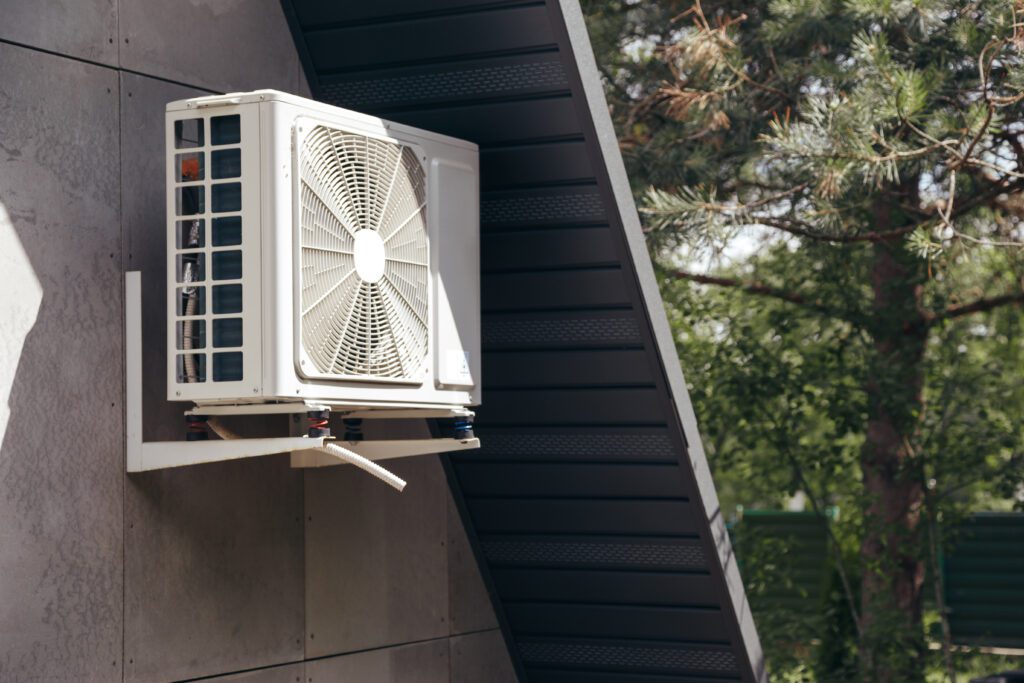
Regular maintenance is crucial for keeping your AC system in top condition and avoiding unexpected repairs. Simple tasks such as cleaning or replacing air filters, inspecting and cleaning the outdoor unit, and regularly checking the thermostat settings can go a long way in preventing future problems and maximizing efficiency.
Moreover, scheduling annual professional maintenance services for your AC system can significantly extend its lifespan and ensure optimal performance. Professional technicians can conduct thorough inspections, identify potential issues early on, and perform necessary adjustments to keep your unit running smoothly. This proactive approach not only saves you money on costly repairs but also enhances the overall comfort of your indoor environment.
DIY Maintenance Tips
Regular maintenance is crucial for keeping your AC system in top condition and avoiding unexpected repairs. Simple tasks such as cleaning or replacing air filters, inspecting and cleaning the outdoor unit, and regularly checking the thermostat settings can go a long way in preventing future problems and maximizing efficiency.
When to Call a Professional
While DIY maintenance can help you save money in the long run, there are certain situations where it’s best to leave the job to professionals. If you encounter complicated issues such as strange noises, uneven cooling, or system failure, it’s essential to contact a reputable AC repair service to diagnose and fix the problem accurately. Attempting to repair complex issues without proper knowledge and tools can lead to further damage.
Choosing the Right AC Repair Service
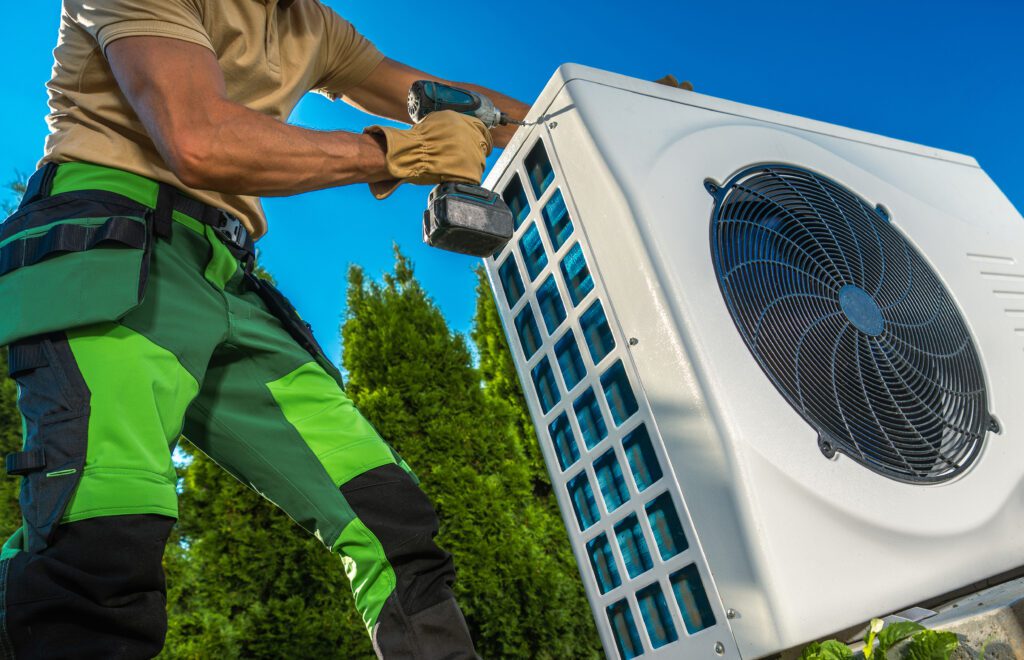
When it comes to selecting the perfect AC repair service for your needs, there are several key factors to take into consideration. One of the most crucial aspects is ensuring that the company you choose is licensed and insured. This not only guarantees that the technicians working on your AC system are qualified and knowledgeable but also provides you with peace of mind knowing that you are protected in case of any unforeseen incidents.
Moreover, it is essential to look for a service provider that has experience in handling your specific AC system model. Different AC units come with their own set of intricacies and requirements, so having a repair service that is well-versed in dealing with your particular model can make a significant difference in the quality of the repair work.
Factors to Consider When Hiring
When selecting an AC repair service, it’s important to consider various factors to ensure you’re making the right choice. Look for a licensed and insured company with experience in handling your specific AC system model. Additionally, read customer reviews, compare prices, and inquire about warranty policies to make an informed decision.
Another important factor to keep in mind is the reputation of the AC repair service. Reading customer reviews and testimonials can give you valuable insights into the quality of service provided by the company. Additionally, don’t hesitate to ask for references or examples of past work to gauge the level of expertise and professionalism you can expect.
Red Flags to Avoid
Unfortunately, not all AC repair services are created equal. It’s crucial to watch out for red flags that may indicate untrustworthy or unprofessional providers. Beware of excessively low prices, as these could be a sign of subpar workmanship or the use of inferior quality parts. Additionally, a lack of proper certifications or qualifications is a major red flag, as it indicates that the technicians may not have the necessary training to handle complex AC repairs.
Furthermore, pay attention to the level of customer service provided by the AC repair service. A company that is responsive, transparent, and courteous in their communication is more likely to prioritize customer satisfaction and deliver a positive experience. Remember, choosing a reputable and reliable repair service may save you from unnecessary expenses and potential headaches in the future.
Energy Efficiency and Cost Savings
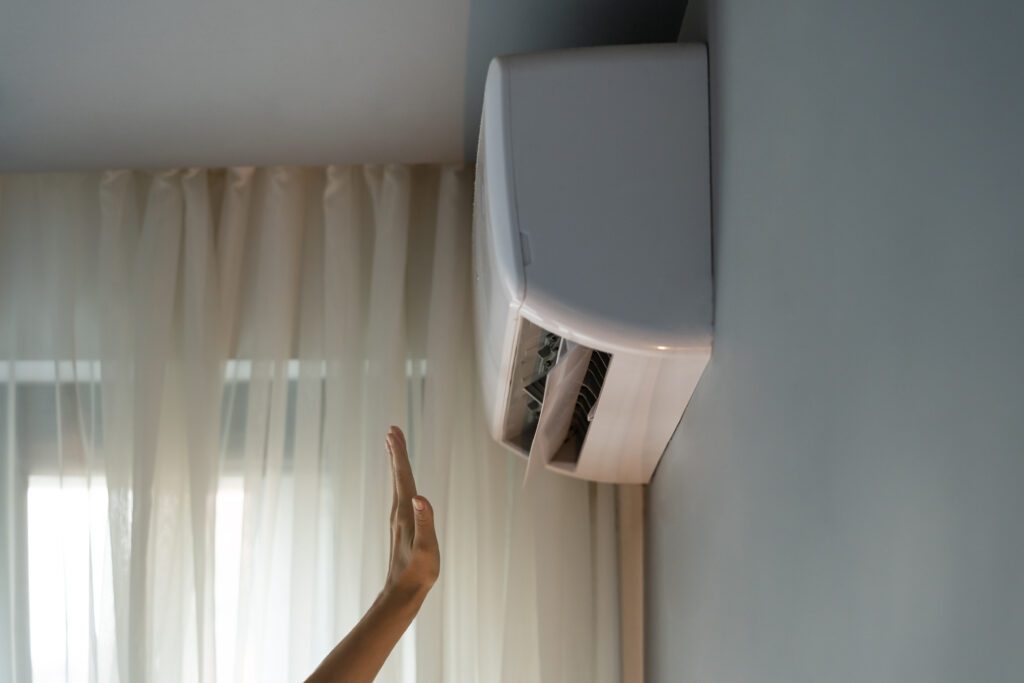
Upgrading Your AC System
If your AC system is outdated or constantly requires repairs, it might be worth considering an upgrade to a more energy-efficient model. Energy-efficient units not only reduce your carbon footprint but can also save you money on electricity bills in the long run. Look for systems with high SEER (Seasonal Energy Efficiency Ratio) ratings to ensure optimal efficiency.
When upgrading your AC system, it’s essential to consider not just the initial cost but also the long-term benefits. Newer models often come with advanced features such as variable-speed technology, which adjusts the cooling output to match your home’s needs more precisely. Additionally, some energy-efficient units may qualify for rebates or tax credits, providing further cost savings over time. Consulting with a professional HVAC technician can help you select the most suitable system for your home’s specific requirements.
Tips for Reducing Energy Consumption
Aside from upgrading the AC system, there are several other practices you can adopt to enhance energy efficiency and save costs. Utilize programmable thermostats to adjust cooling schedules based on occupancy, keep curtains or blinds closed during the hottest parts of the day to minimize heat gain, and maintain proper insulation in your home to prevent loss of cool air. Small changes in your daily habits can make a significant difference in reducing energy consumption.
Furthermore, regular maintenance of your AC system is crucial for ensuring optimal performance and efficiency. Simple tasks such as cleaning or replacing air filters, checking for leaks in ductwork, and scheduling annual tune-ups can help your system operate more effectively, reducing energy waste. By staying proactive with maintenance, you can extend the lifespan of your AC unit and maximize energy savings in the long term.
Warranty and Insurance for AC Repairs
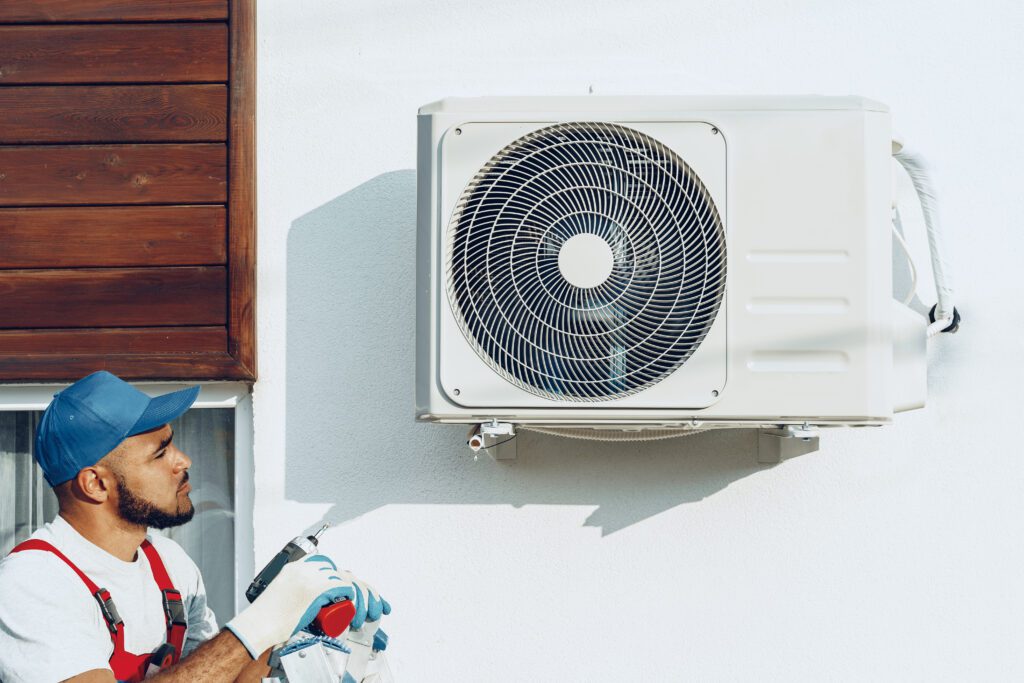
Understanding Your AC Warranty
When purchasing an AC system, it’s essential to understand the warranty coverage provided by the manufacturer. Warranties typically cover specific components and labor costs for a certain period. Familiarize yourself with the terms and conditions of your warranty to ensure that you’re eligible for repairs or replacements within the warranty period.
It’s worth noting that some warranties may require regular maintenance checks to remain valid. This means that neglecting to service your AC system as recommended by the manufacturer could void your warranty. Therefore, it’s crucial to keep track of maintenance schedules and document service records to protect your warranty coverage.
The Role of Homeowner’s Insurance
In some cases, homeowner’s insurance may cover AC repairs or replacements resulting from certain perils, such as severe weather events or accidental damage. Review your insurance policy to understand the extent of coverage and any specific requirements for claiming AC repairs. Having appropriate coverage can provide peace of mind in case unforeseen events demand repair or replacement.
Additionally, it’s important to be aware of any limitations or exclusions in your homeowner’s insurance policy regarding AC systems. Some policies may not cover pre-existing conditions, lack of maintenance, or normal wear and tear. Understanding these limitations can help you make informed decisions about additional coverage options or preventive measures to protect your investment.
By understanding your AC system, performing regular maintenance, choosing the right repair service, prioritizing energy efficiency, and considering warranty and insurance options, you can significantly reduce AC repair costs and prolong the lifespan of your system. Remember, prevention and proactive measures are key to avoiding expensive repairs and enjoying a cool and comfortable living environment.

